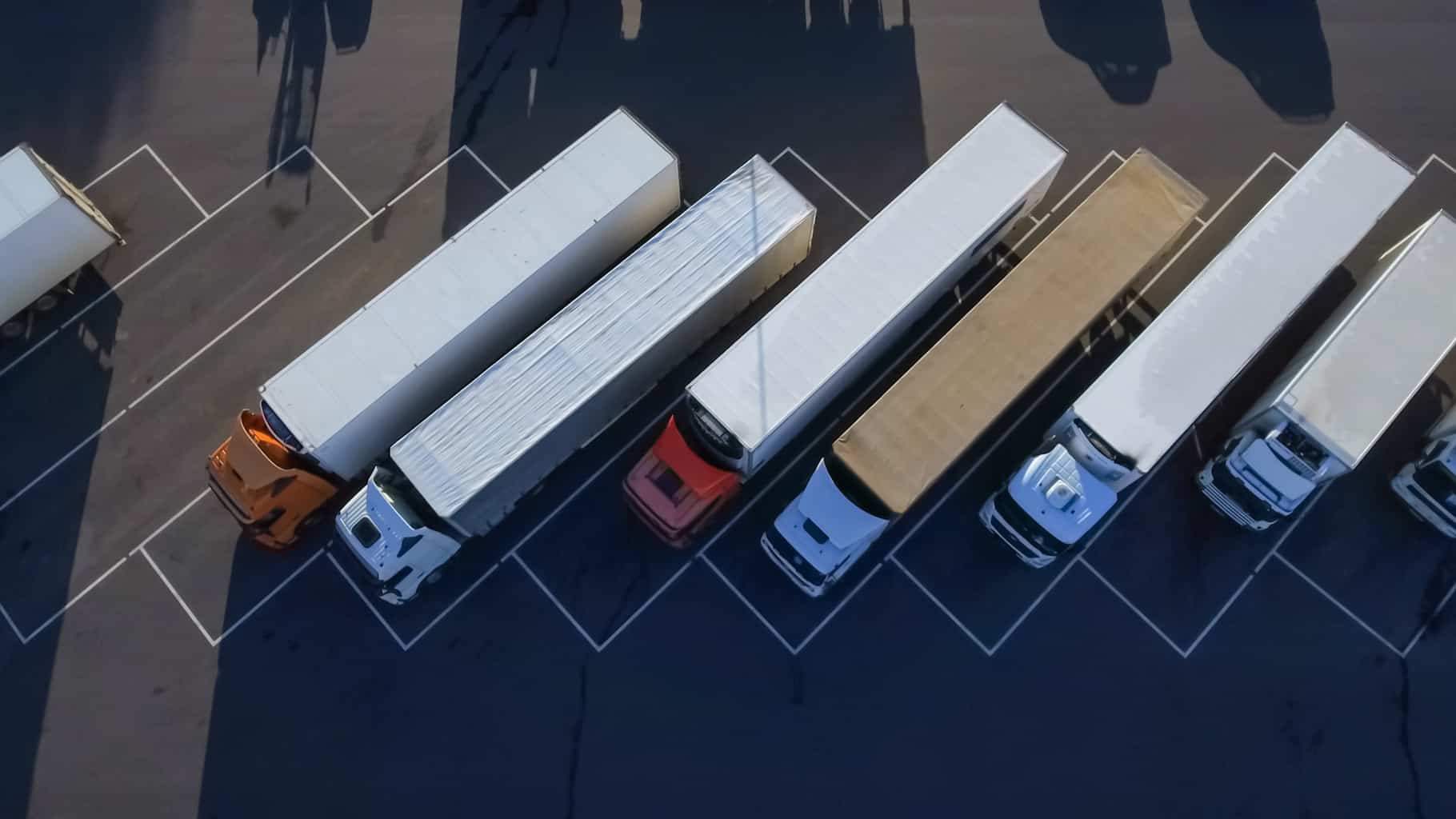Duncan Buchanan, the Road Haulage Association’s (RHA) Policy Director for England and Wales, recently stated:
“Don’t put yourself on the hook regarding Brexit, make sure you are not responsible for costs associated with delays caused by Brexit. If doing international, make any price or service commitments after March next year conditional on open market access and frictionless customs.”
There is one fundamental point to take from Mr Buchanan’s quote – preparation in the haulage industry is key in the coming months.
The United Kingdom is set to leave the European Union (EU) on 29 March 2019. Plans are still being finalised with just under 4 months to go.
During this time, it is crucial that every field of business – including the haulage sector – makes provisions to tackle any struggles which their industry may face going forward in a different economic climate. For hauliers who carry out work across the EU, there are two possibilities: either the other party to your contract is based in the UK, but the work takes place in an EU country, or the second party to the contract is in an EU-based country. If one or both of these scenarios is applicable, you’re urged to consider what kind of trading conditions you’ll require to continue business on similar grounds.
As indicated by Mr Buchanan, open market access and smooth customs operations are key for a seamless transition into post-Brexit UK.
However, if these aims are not met – or, at least, not straight away – any contracts you currently have in place could take a hit. You could find it difficult to satisfy your obligations under the contract in terms of what services you provide, and how you provide them. For example, if there are obstacles to the free movement of goods, you may simply be unable to transport goods across the EU. At the very least, you’d need to overcome regulatory barriers. In such cases, you would then be failing to fulfil your side of the contract and there could be serious repercussions. Furthermore, any payment you receive under the contract could be significantly reduced if tariffs are introduced, the cost of which then trickle down to the operator.
From a legal perspective, the sensible way to avoid these contractual problems is to incorporate provisions into the contracts which make obligations and pricing dependant on post-Brexit circumstances. These provisions could either be inserted into new contracts, or they could be negotiated as variations or side letters to current contracts.
If you do want to look at protecting your EU-related contracts, please feel free to get in touch with Brett Cooper, Head of Corporate Commercial at the firm. He’s got your BACK when we BACK out of the EU.


